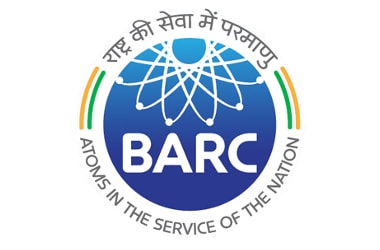
BARC scientists have developed two anti-cancer medicines from the fruit extract of the Rampatri plant, which may help destroy tumours and revive cells damaged by radiation.
Rampatri plant, which is used as a spice in foods, belongs to the Myristicaceae family and is found in western coastal region of the country.
Scientists at Bhabha atomic Research Centre (BARC) based in Anushaktinagar, Mumbai tested the medicines made from this plant on mice and found that they may help in treating lung cancer and neuroblastoma, a rare cancer found in children.
In neuroblastoma, cancer cells grow in nerve cells of adrenal glands, neck, chest and spinal chord.
The medicines were developed by Dr B Shankar Patro, scientist of Radiation Biology and Health sciences at BARC.
The molecules of Rampatri fruit may destroy the cancer cells.
Medicines developed from these molecules may also help in reviving cells destroyed due to radiation.
The research centre was working for many years to develop cancer medicines from herbal plants.
They have also developed BARC Radio Modifier and BARC Radio Protector.
From June this year, Tata Memorial Centre in Mumbai may begin clinical trial of Radio Modifier medicine.
Radio Modifier helps to protect healthy cells during radiation therapy and if this medicine is given within four hours in case of any nuclear accident, life of the affected person may be saved.
BARC: Know More- Director: K.N. Vyas
- Location: India
- Headquarters: Mumbai
- Founder: Homi J. Bhabha
- Founded: 3 January 1954
- Budget: 31.59 billion INR (US$470 million, 2015–2016)
- Purpose: Nuclear physics